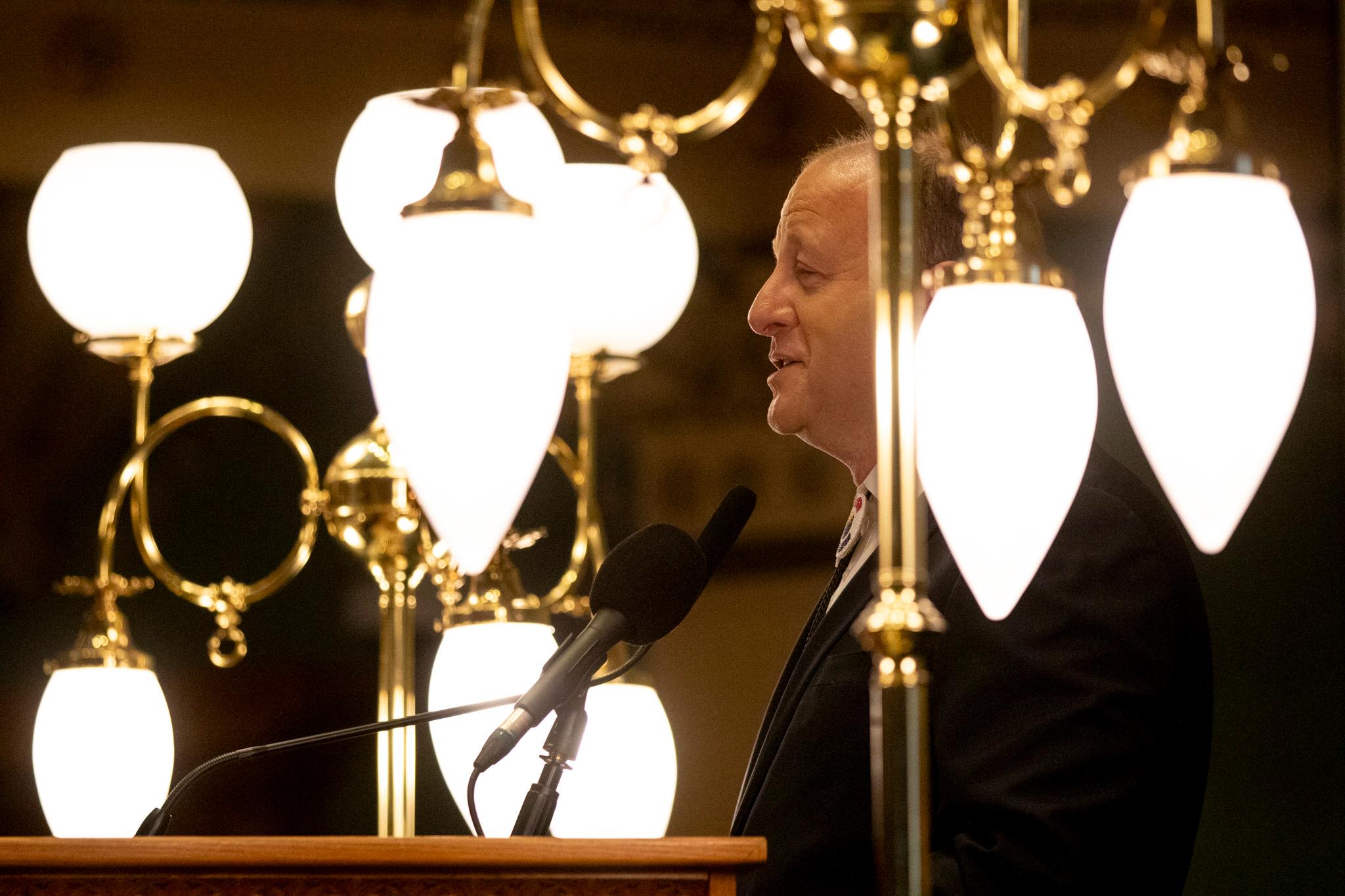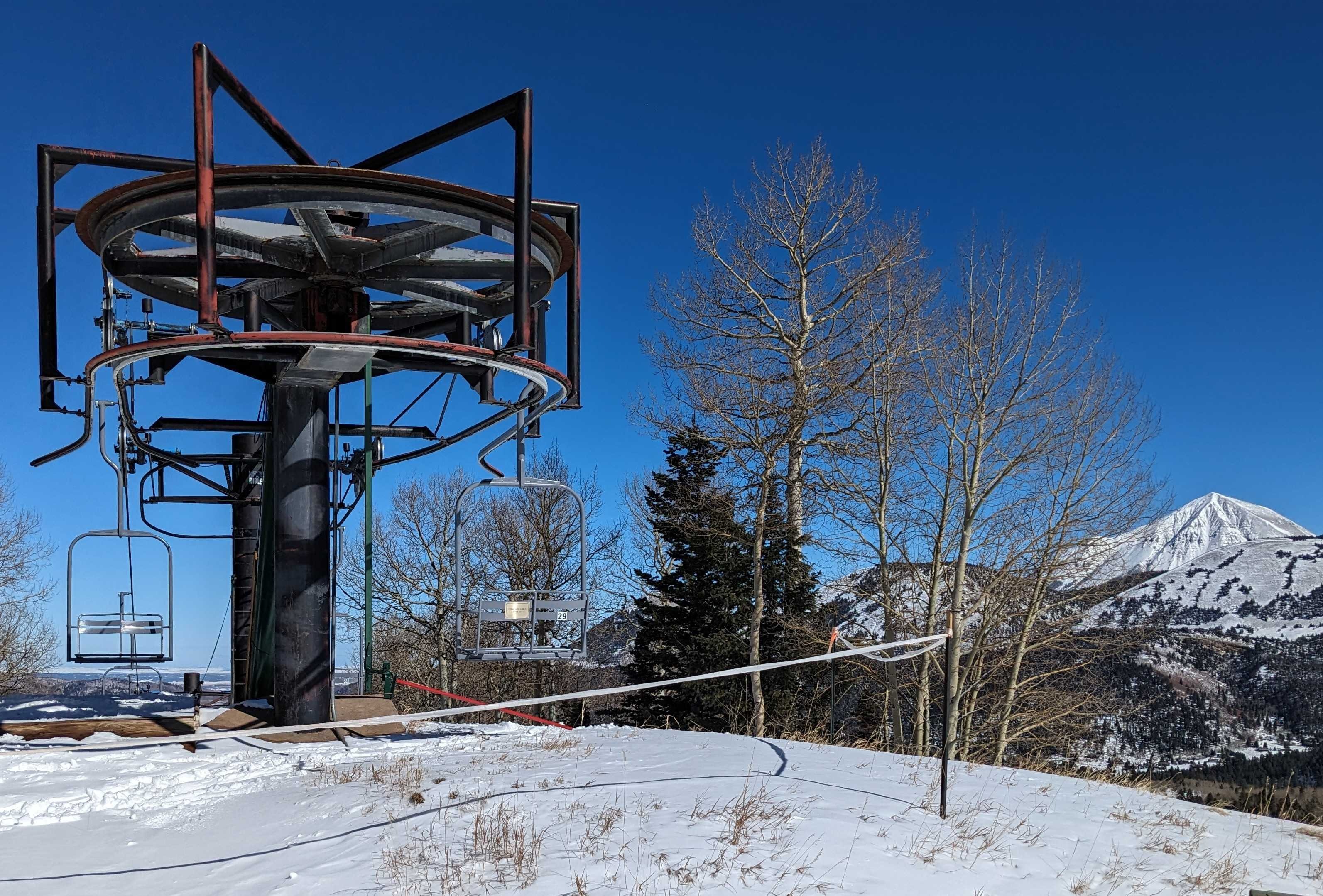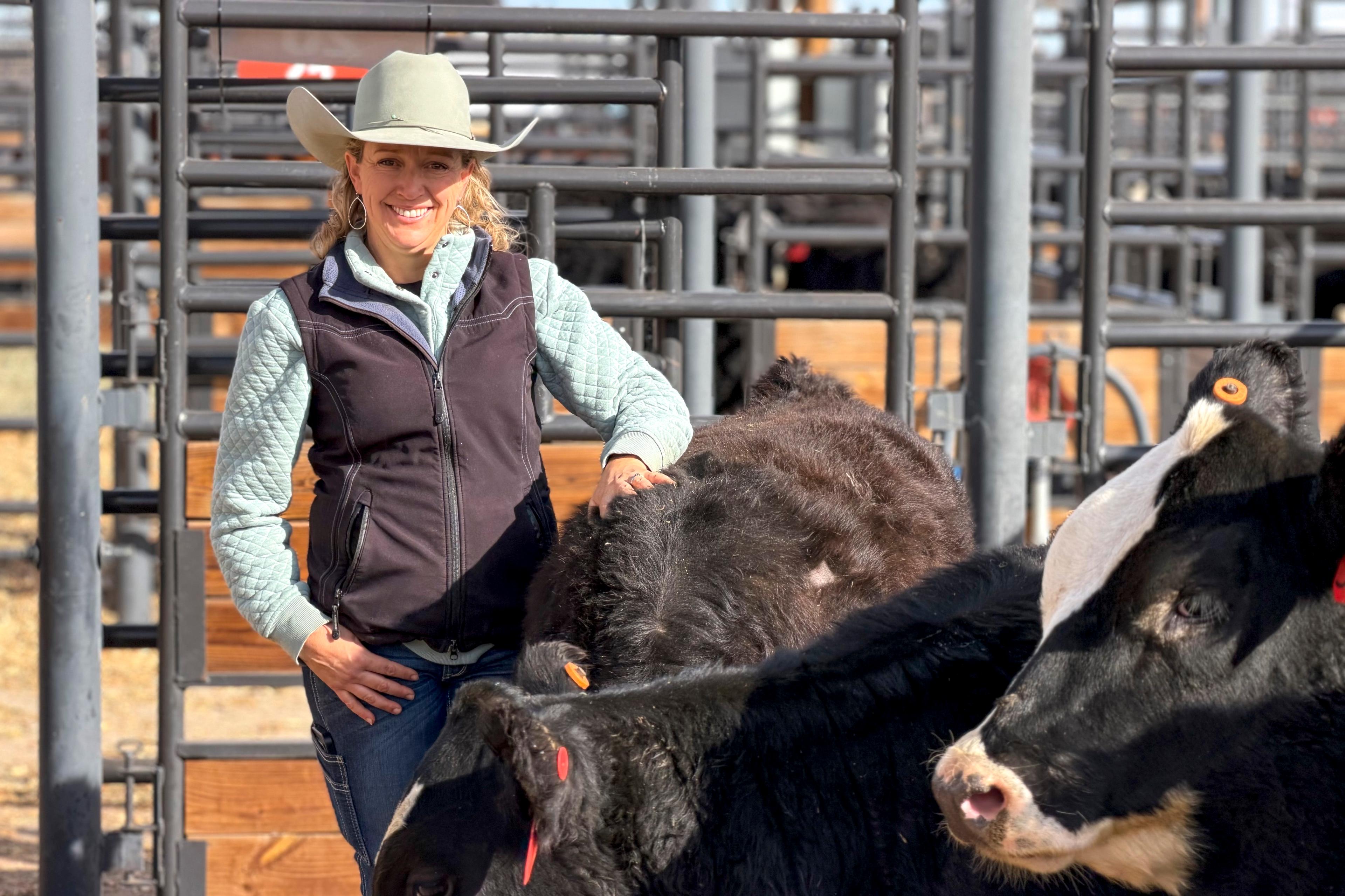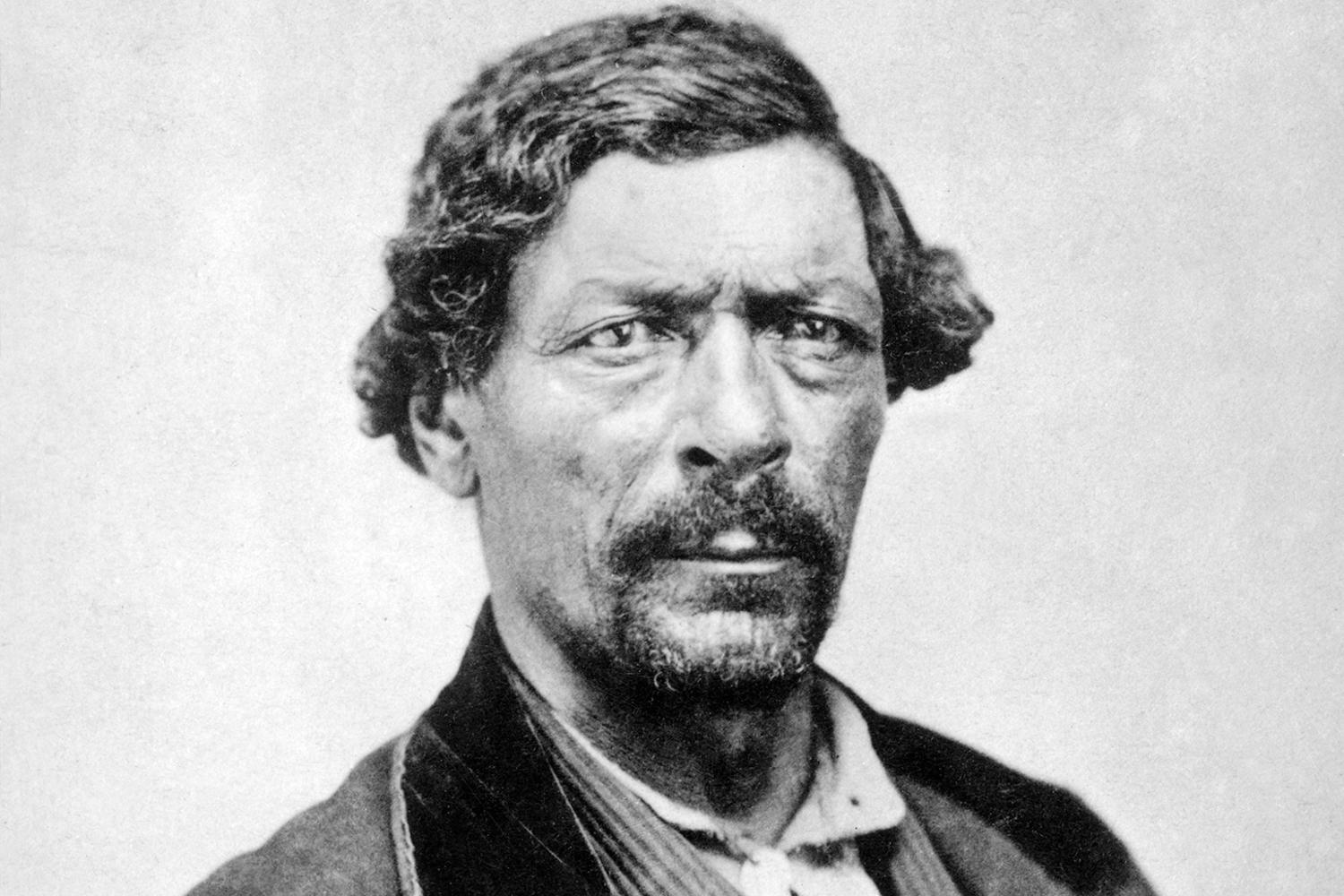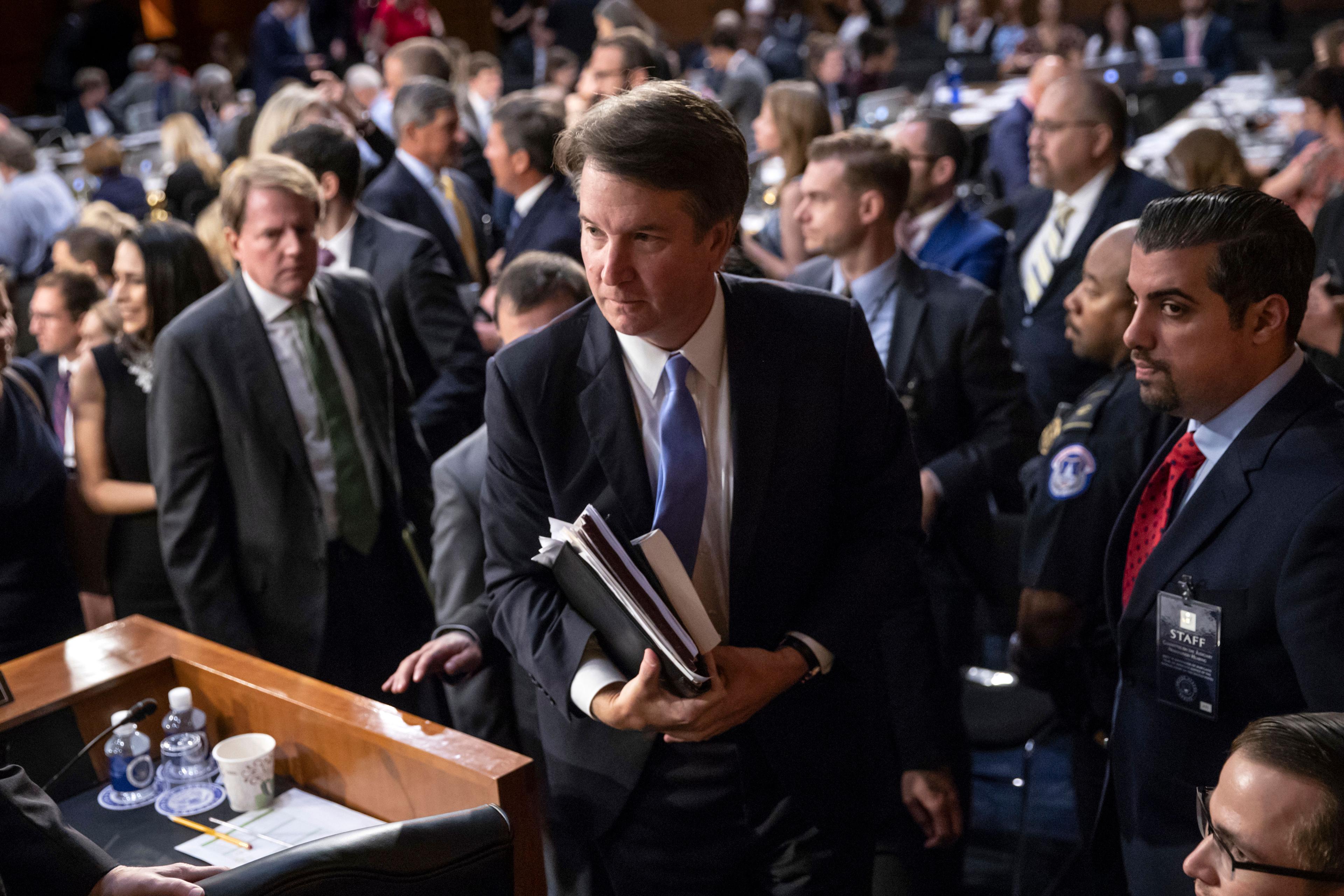
Supreme Court nominee Brett Kavanaugh faced a second round of questions from the Senate Judiciary Committee Thursday, many focusing on a 2003 email that appeared to suggest Kavanaugh believed Roe v. Wade was not settled law.
Kavanaugh was coming off a 12-hour session of questioning that ended late Wednesday. The judge left unanswered questions over how he would handle investigations of the executive branch and whether he would step aside if cases involving Trump under special counsel Robert Mueller's probe end up at the court.
Democrats have been pressing Kavanaugh for his views on abortion rights, gun control and other issues. Protesters have repeatedly interrupted the proceedings.
Day 1 Recap: Read More | Watch The Hearing
Day 2 Recap: Read More | Watch The Hearing
The Associated Press obtained the 2003 email in which Kavanaugh disputes that the 1973 Roe v. Wade ruling on abortion access is settled law. The comments came while the judge was reviewing an op-ed in support of two judicial nominees at the George W. Bush White House.
"I am not sure that all legal scholars refer to Roe as the settled law of the land at the Supreme Court level since Court can always overrule its precedent, and three current Justices on the Court would do so," Kavanaugh wrote.
He was referring to justices at that time in the email, which was was sent to a Republican Senate aide. The document is partially black out.
Kavanaugh has taken a different tone during his confirmation hearings, stressing how difficult it is to overturn a precedent such as Roe and calling the abortion case "important precedent" that has "been reaffirmed many times."
Democratic senators contend that the 2003 email casts doubt on whether he considers Roe v. Wade settled law.
Sen. Patty Murray of Washington said the emails "confirms our worst fears" about Kavanaugh. She noted that Kavanaugh said in the email that there were three justices at the time who would overturn Roe v. Wade.
Murray asserted that if Kavanaugh is confirmed to the court, "Roe v Wade will be overturned."
Senate Democrats also appealed to Republican Sens. Susan Collins of Maine and Lisa Murkowski of Alaska to read the email.
Sen. Richard Blumenthal said he believes that Kavanaugh was talking about himself when he referred to legal scholars. He said, "the signs and signals are plain."
Blumenthal did not single out Collins and Murkowski by name, but mentioned pro-choice Republicans who are uncommitted on Kavanaugh. Democrats need at least two GOP defections to have any chance of defeating the nomination.
Collins vowed to oppose any Supreme Court nominee who would overturn Roe v. Wade. She said Kavanaugh told her the ruling was "settled law" when they met in
Kavanaugh said that he was not discussing his views, but rather, "what legal scholars might say." He said he offered the comments because, "I'm always concerned with accuracy."
"I am not sure that all legal scholars refer to Roe as the settled law of the land at the Supreme Court level since Court can always overrule its precedent, and three current Justices on the Court would do so," Kavanaugh said.
Other emails hounded Kavanaugh's hearing Thursday. Democratic Sen. Cory Booker of New Jersey released confidential email exchanges, even though it violated a committee rule and put him at risk of being expelled from the Senate.
Calling it an act of civil disobedience, Booker says he wants to expose that some of the emails being held back "have nothing to do with national security."
Republican Sen. John Cornyn of Texas called Booker's action "irresponsible and conduct unbecoming a senator."
He read a rule contemplating expulsion of senators for violating Senate confidentiality rules. Several Democrats said in response, "bring it on."
One set of the emails released by Booker was from Kavanaugh's time in the George W. Bush White House suggest the Supreme Court nominee was deeply involved in Bush judicial nominations.
According to the emails, Kavanaugh pushed Justice Department officials John Yoo and Jay Bybee for seats on a federal appeals court based in San Francisco in November 2001. The recommendations came well before Yoo and Bybee authored Bush-era memos on the detention and interrogation of terror suspects.
Kavanaugh expressed regret when Yoo withdrew in 2002 in favor a CIA post saying, "He was my magic bullet." Yoo didn't get the CIA job. Bybee was confirmed to the 9th circuit in 2003.
Elsewhere in the hearing, Kavanaugh clarified that he can't recall any "inappropriate conversations" with a Washington law firm about special counsel Robert Mueller's investigation.
Sen. Kamala Harris of California had asked Kavanaugh late Wednesday if he had spoken about the Russia investigation with anyone at the law firm founded by Marc Kasowitz, who has represented Trump. Republican Sen. Orrin Hatch of Utah asked the question again Thursday
Kavanaugh told Harris he couldn't think of any such conversations, but added that he would need to see a list of the firm's lawyers.
"I don't recall any inappropriate conversations about the investigation," Kavanaugh repeated to Hatch.
The Supreme Court nominee also answered to Democrats who feared he would not restrain President Donald Trump from the bench, saying the president cannot overrule the courts.
Kavanaugh said that he has not been afraid to invalidate executive branch actions in his 12 years as an appeals court judge. He added that he had made clear that a court order, "that requires a president to do something or prohibits a president from doing something ... is the final word in our system."
Sen. Dick Durbin of Illinois said his questions to Kavanaugh on the topic stem from the judge's embrace of robust presidential power and the fact that he has been nominated by Trump.
Durbin says Trump has "shown disrespect for the rule of law over and over again."
Opposition against Kavanaugh grows in the Congressional Black Caucus, whose members are urging senators to reject the nomination.
Democratic Rep. Cedric Richmond of Louisiana, the group's chairman, said Kavanaugh would weaken protections under the Voting Rights Act. Richmond cited Kavanaugh's ruling in a South Carolina case upholding the state's new voter ID law.
Kavanaugh's defenders say his ruling resolved the case, as the Justice Department under President Barack Obama chose not to appeal.
House members don't get to vote on Kavanaugh, but Richmond plans to testify about Kavanaugh as an outside witness on Friday, the final day of confirmation hearings.
